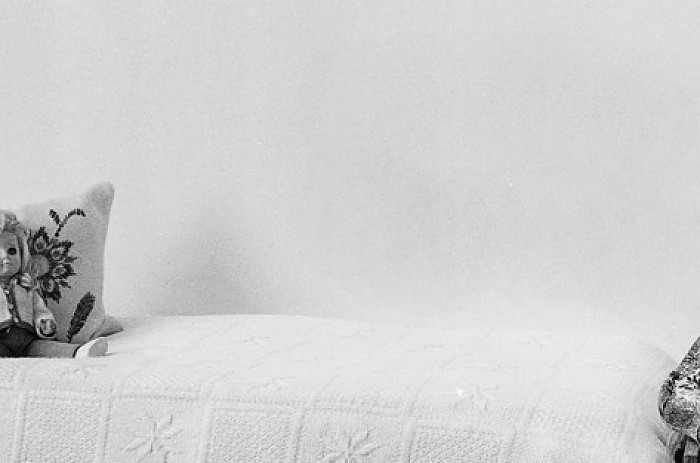

12. April 2008 – 7. September 2008
In autumn of life or in second spring?
Old – what does that actually mean? There is no generally binding definition for when a person is considered old. Growing old is a very individual process in itself, and yet it is equally influenced by changing social factors, such as demographic change.
The focus of the new special exhibition "Der alte Mensch...." (The Elderly Person) is a selection of artistic representations that deal with the phenomenon of aging and growing old. The works displayed depict old age as a natural process of maturation, address the problems of old age and illness, but do not ignore life in old people's homes and nursing homes. In this way, the physical and mental weaknesses of old age, but also the wealth of experience and the quiet end of life's path are addressed.
In addition to representations from the artistic collection of the Institute for the History of Medicine at the Technical University of Dresden, which has existed since 1996, works from various private collections are represented. Numerous drawings, etchings, lithographs and photographs from the period from the 1950s to the present day are on display, which show multi-faceted, essential aspects of the topic "Der alte Mensch...". They bear witness to a deep artistic engagement with the topic of aging. These artistic representations are contrasted with the everyday reality of life of old people in our society today, such as pictures from advertising, which Stefan Arend, Pflegestift Mediana in Fulda, has collected. The photo sequence by the Kassel-based photographer Frank Hellwig shows how people from the Paul Riebeck Foundation in Halle live and shape their old age on a daily basis, whereas the Dresden-based photographer Volkmar Fritzsche focuses his photographic view on physicality in old age and sensitively stages it.
We will not prevent our own aging, but we must perceive it as part of life. Thus, the exhibition offers an opportunity to deal with the inevitability of it and to reflect on our own paths.
Arbeitsgemeinschaft Friedhof und Denkmal e.V.
Zentralinstitut für Sepulkralkultur
Museum für Sepulkralkultur
Weinbergstraße 25–27
D-34117 Kassel | Germany
Tel. +49 (0)561 918 93-0
info@sepulkralmuseum.de








